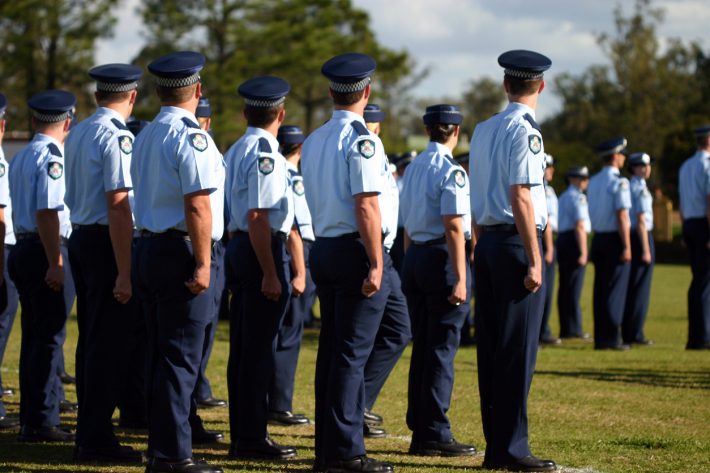Work Health And Safety
For many years prior to 2013, Australia had a variety of different Occupational Health and Safety laws – indeed, each State and Territory had their own complex rules regarding OHS and this caused significant problems for many businesses, particularly those who operated in more than one State. Businesses who operated across State boundaries had to familiarise themselves with different pieces of legislation and adopt different OHS practices whenever they crossed a State/Territory boundary. This simply did not make sense.
For years, the Commonwealth and State Governments worked collaboratively to adopt a ‘harmonised’ set of OHS laws, and in 2013 South Australia adopted the Work Health & Safety Act. This law is consistent with the laws in other Australian States and Territories. However, the law does remain extremely complex, and the legislation is accompanied by lengthy Regulations and Codes of Practice.
The Regulations and Codes of Practice deal with specific industries or types of work. For example, there are Regulations and Codes of Practice relating to:
- Working in noisy environments
- Working in confined spaces
- Working on roofs and from heights
- Safely removing asbestos
- Working with dangerous chemicals
- Electrical work
- Construction and mining
This is by no means an exhaustive list.
Failure to comply with the legislation, Regulations and Codes of Practice can lead to civil penalties / fines and even criminal prosecution against the individual workers and/or the business.
The harmonised WHS laws also deal with specific legal concepts including:
- The rights and responsibilities of a Person Conducting a Business or Undertaking (PCBU)
- The rights and responsibilities of individual worker as well as ‘Officers’ of the business
- The appointment and the responsibilities of Health and Safety Representatives
- The right of Unions the enter workplaces to inspect alleged breaches of the law
- Increased penalties for breaches and ‘enforceable undertakings’
- Victimisation and discrimination under Part 6 of the law
- Whether volunteers and other types of workers are protected by the law.
Work Health & Safety laws are complicated and if you believe that WHS breaches are occurring in your workplace, or if you have been discriminated against for raising WHS issues with management, you should seek advice from one of our specialised Industrial Lawyers.










